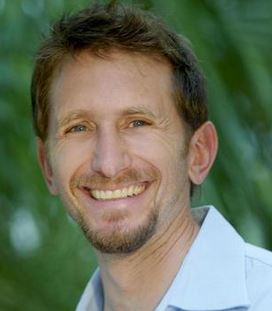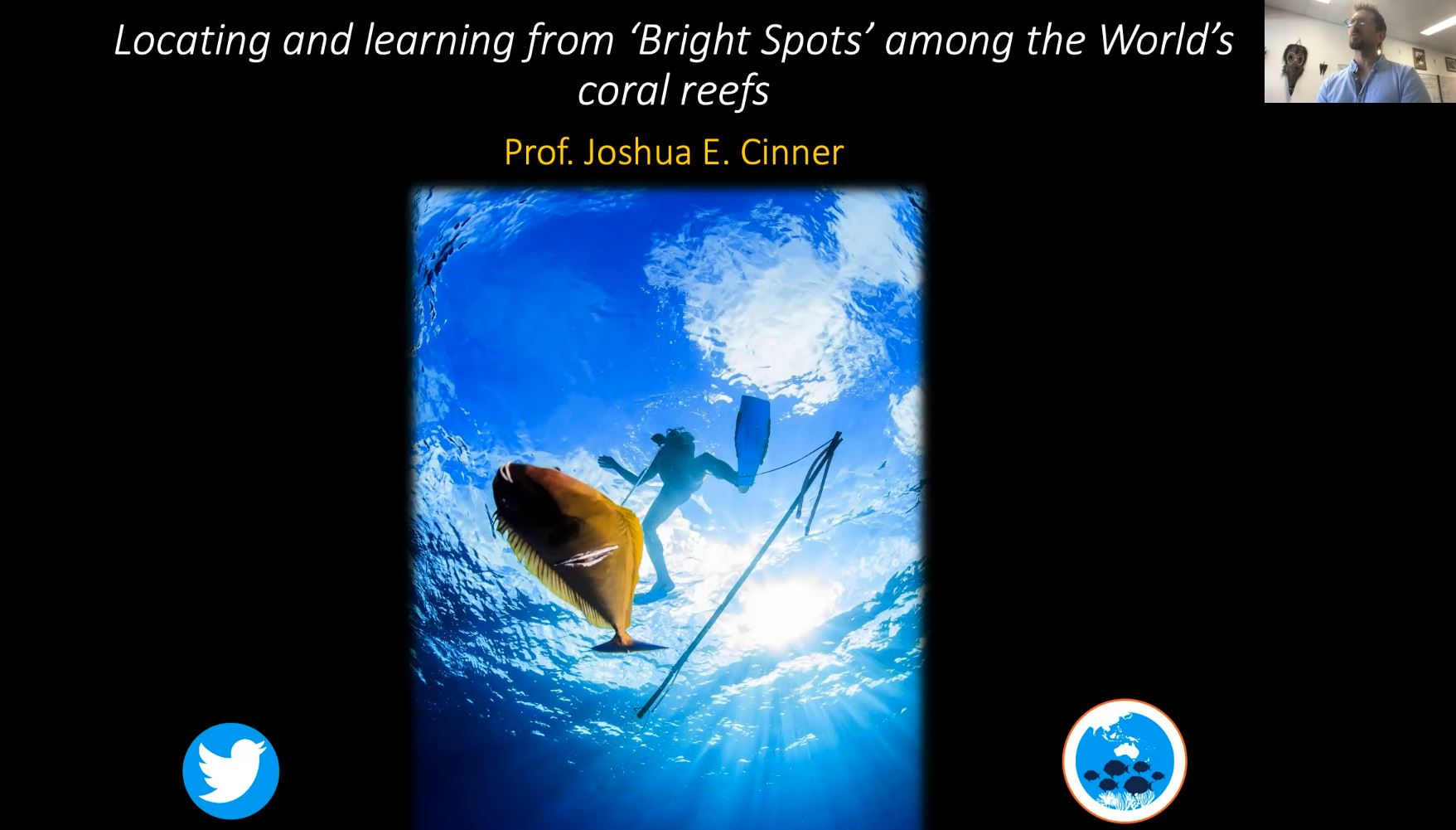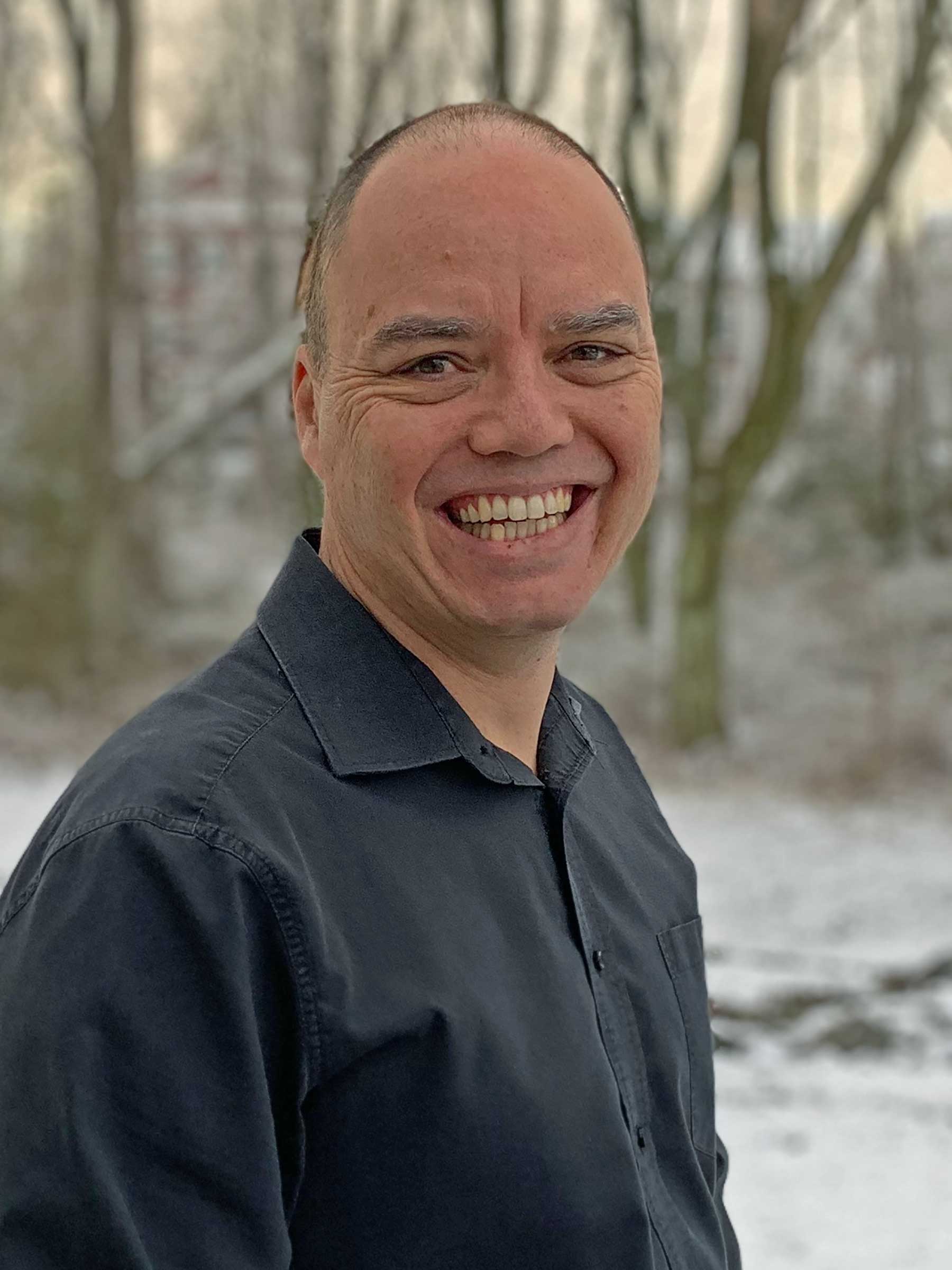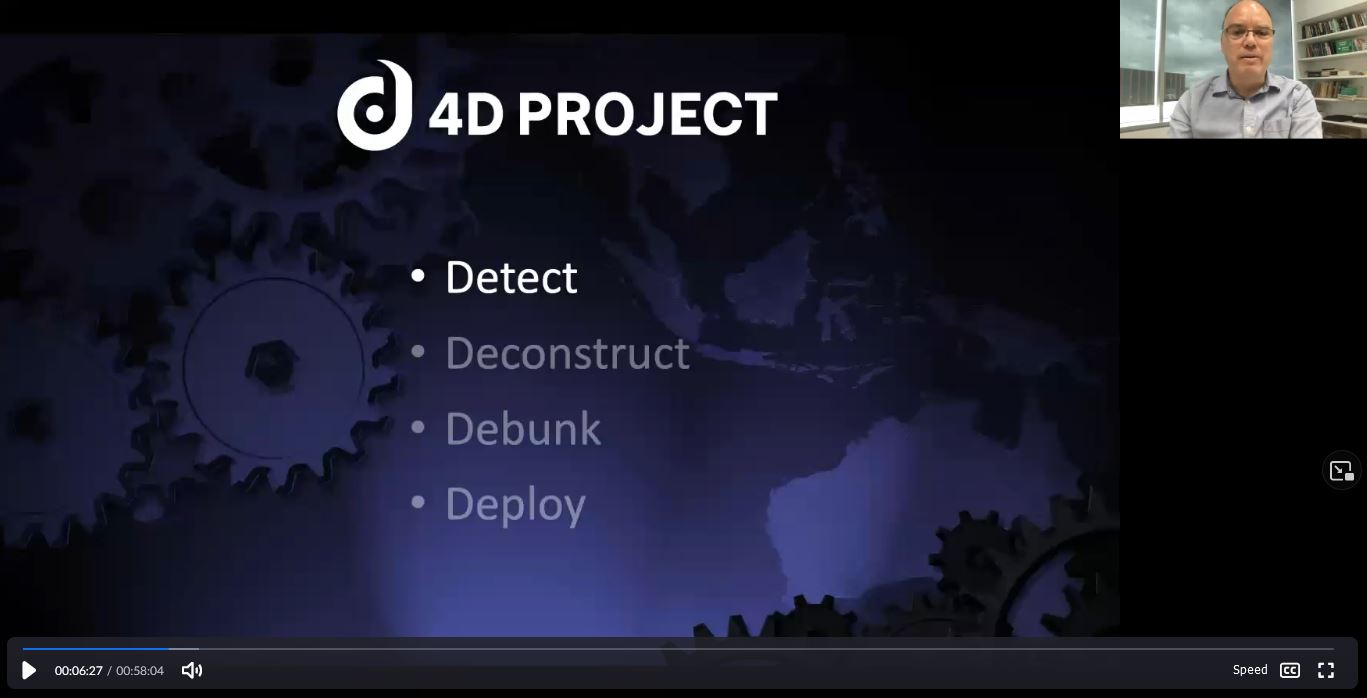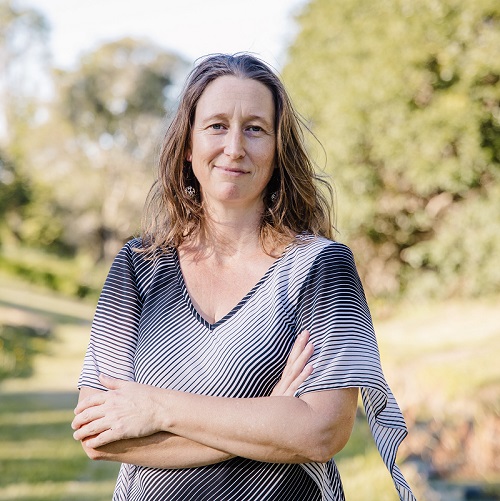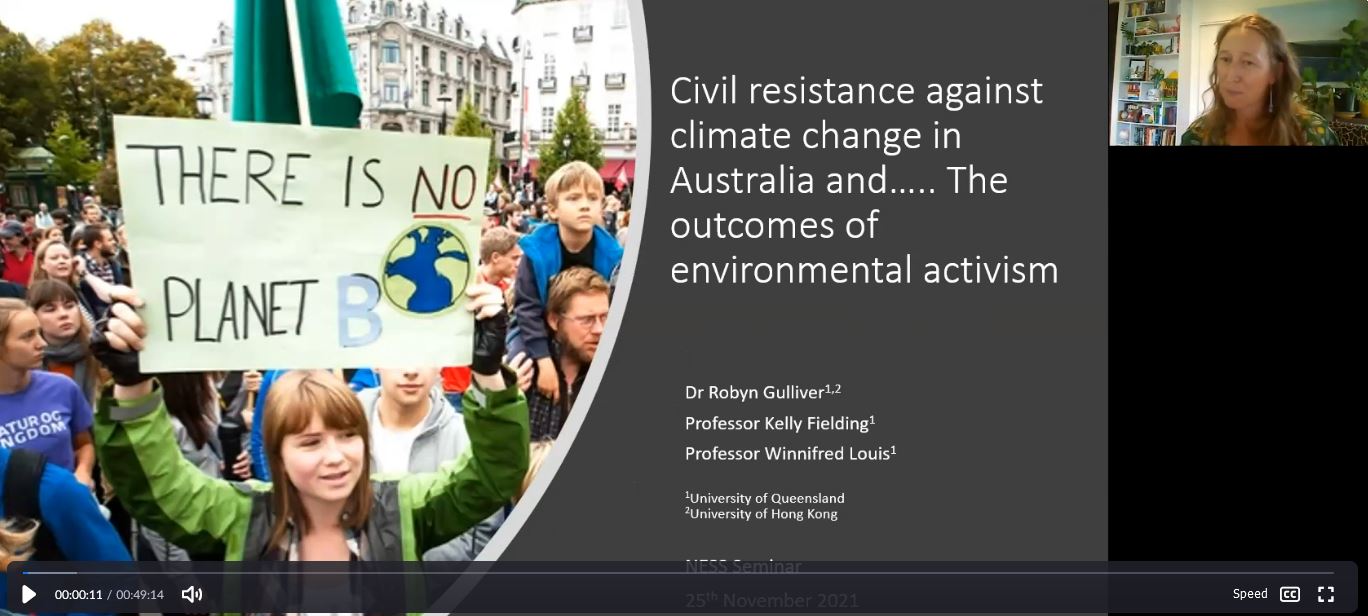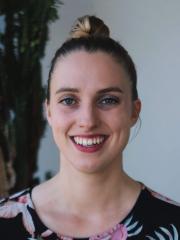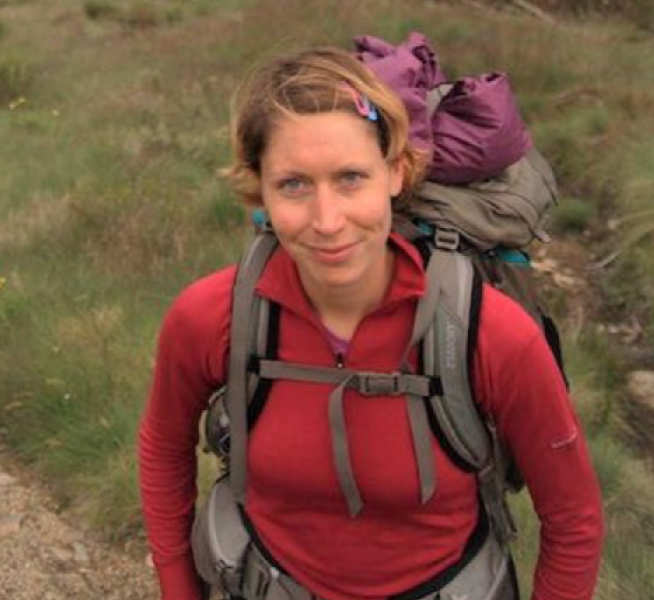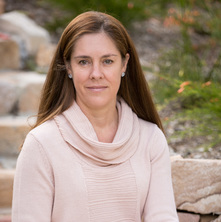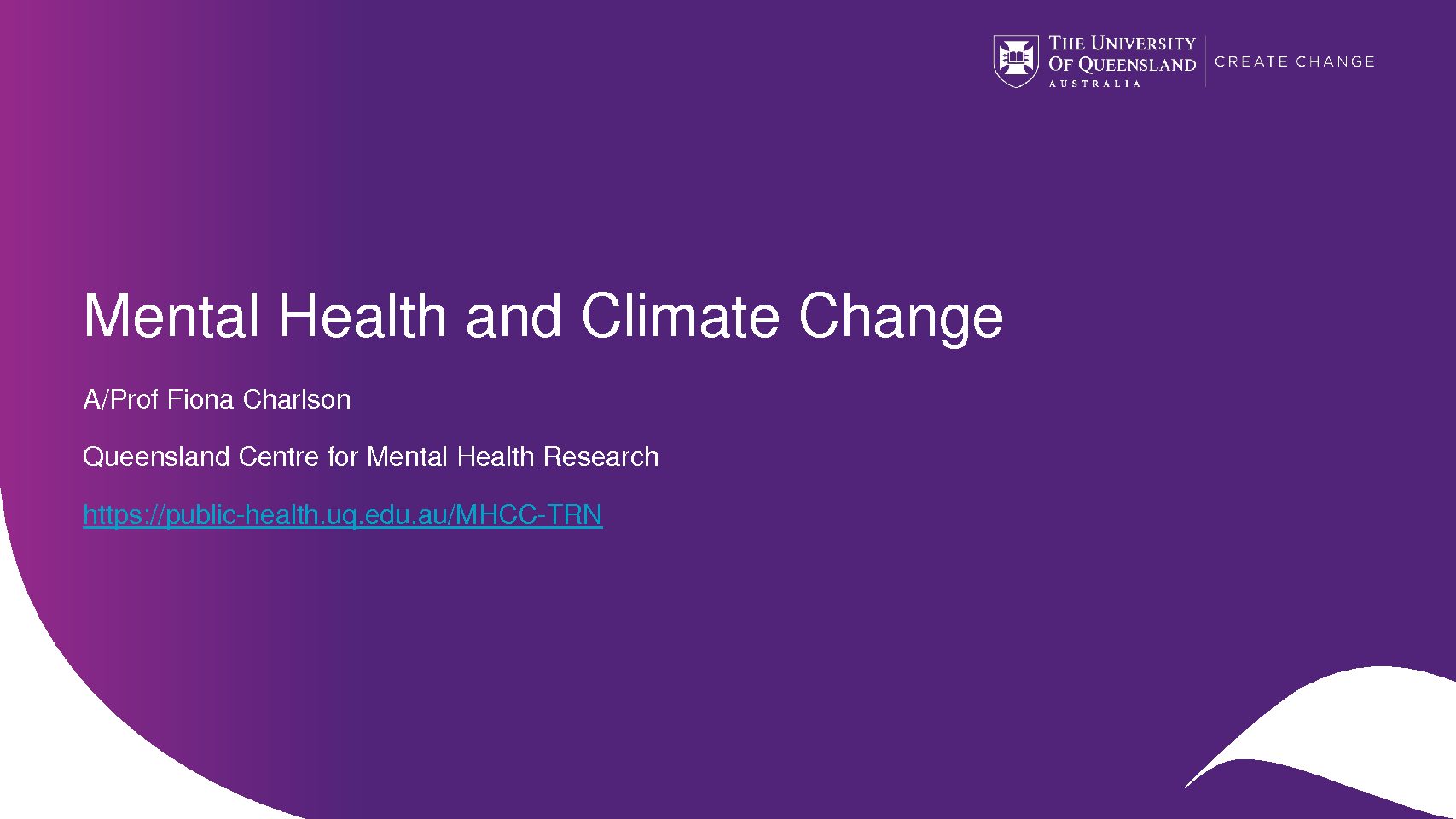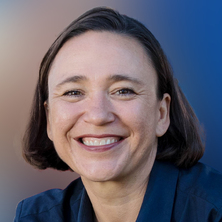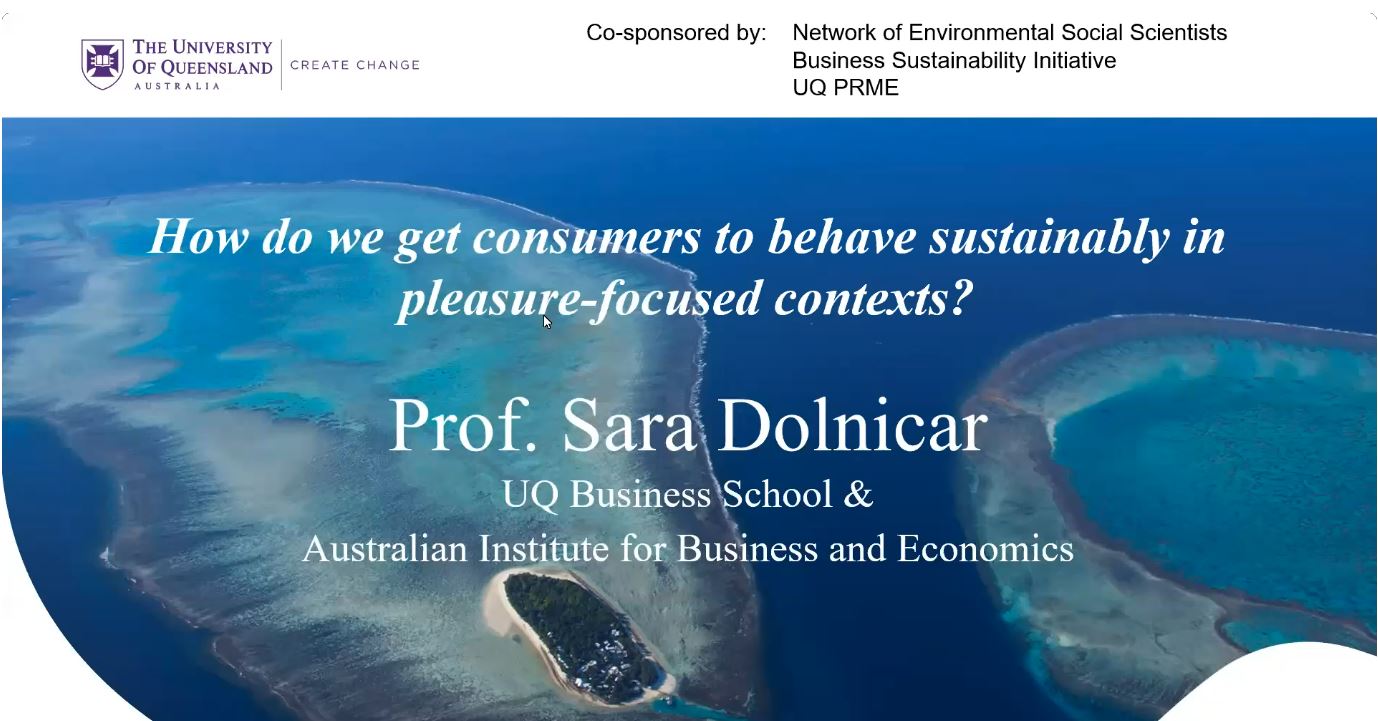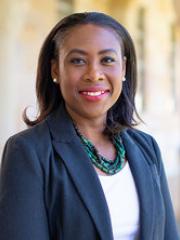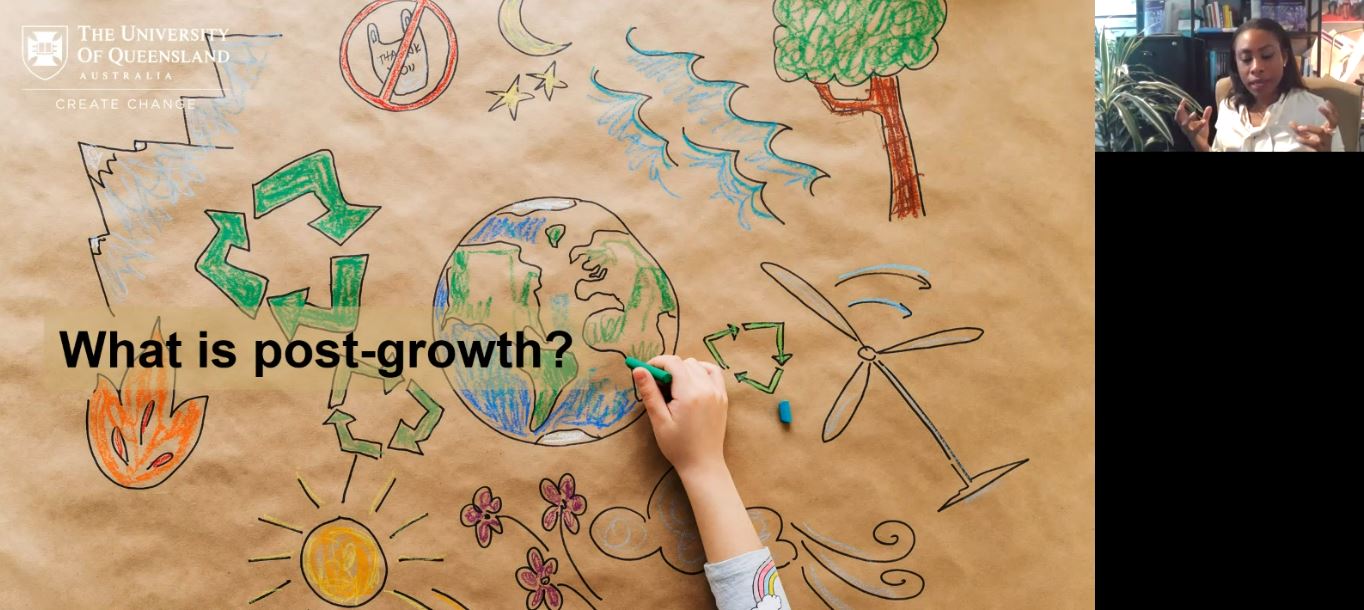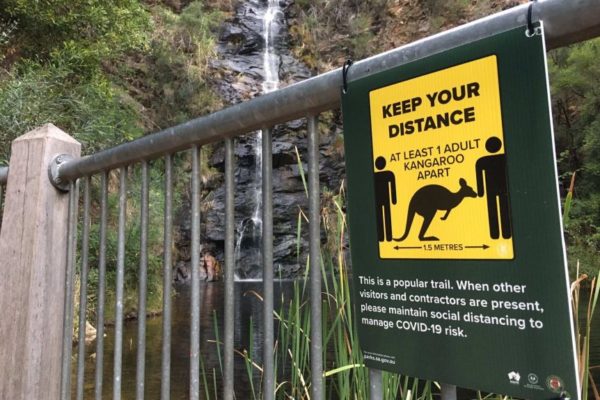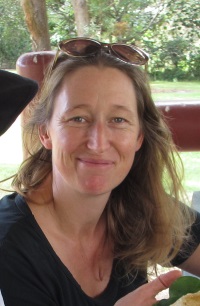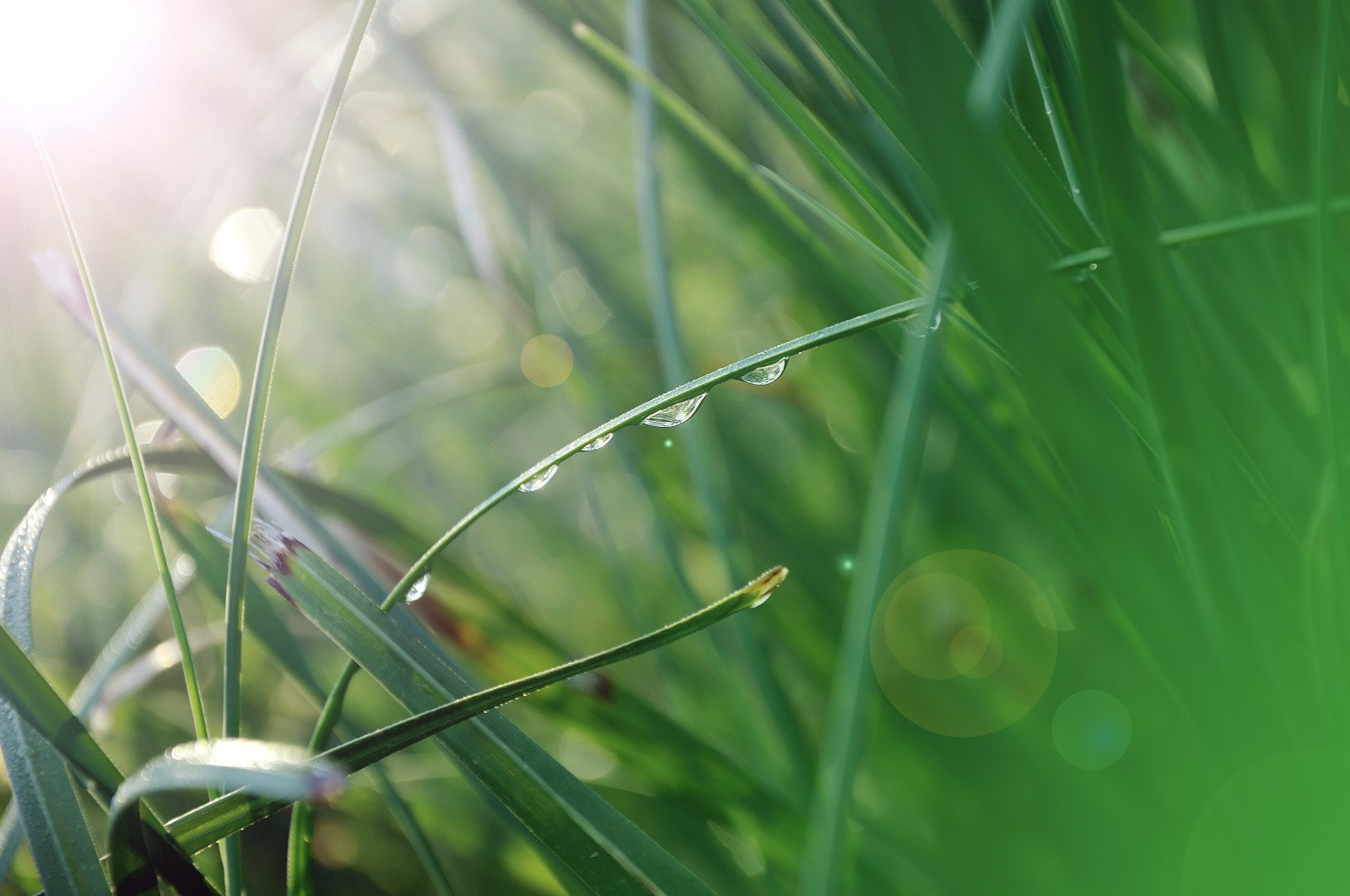
NESS SEMINAR
Professor Joshua Cinner
@JoshuaCinner
Date: Friday 29th April
Time: 12 – 1pm
Venue: Online via Zoom
The continuing and rapid global decline of coral reefs calls for new approaches to sustain reefs and the millions of people who depend on them. In this talk, I present ongoing work by my research group aimed at rethinking reef conservation along two lines. First is directly confronting the drivers of change. In addition to environmental factors, there are socioeconomic drivers that influence the condition of coral reef ecosystems, though reef governance rarely focus on explicitly managing these. My colleagues and I analysed data from >2500 reef sites worldwide to quantify how key socioeconomic drivers are related to 4 key ecological metrics on coral reefs. I then explore a key mechanism for this finding; how markets can ‘crowd out’ several types of pro-environmental behaviour, and highlight a case study using experimental economic games conducted in a fishing village in Papua New Guinea. Second, drawing on theory and practice in human health and rural development, I use a positive deviance (bright spots) analysis to systematically identify coral reefs that have substantially more fish than expected, given their socioeconomic and environmental conditions. Importantly, bright spots were not simply comprised of remote areas with low fishing pressure- they include localities where human populations and use of ecosystems resources is high, potentially providing novel insights into how communities have successfully confronted strong drivers of change. Using a second case study based on 16 years of social and ecological fieldwork in another fishing village in Papua New Guinea, I explore some of local conditions that can make a bright spot
Distinguished Professor Joshua Cinner began his work as an environmental social scientist while serving as a Peace Corps Volunteer in Jamaica in the mid 1990s. He has since completed a Master’s degree from the University of Rhode Island in 2000 and a PhD from James Cook University in 2006. Josh’s research explores how social, economic, and institutional conditions influence the ways in which people use, perceive, and govern natural resources. His background is in human geography and he often works closely with ecologists to uncover complex linkages between social and ecological systems. He has worked on human dimensions of resource management in Australia, Jamaica, Mexico, Papua New Guinea, Kenya, Madagascar, Tanzania, Mauritius, Seychelles, Indonesia, Mozambique, and the USA. He has published >150 scientific articles, is an ISI “Highly Cited” researcher, a Fellow of the Academy of Social Sciences in Australia and a Pew Fellow in Marine Conservation, and is recipient of the 2017 Elinor Ostrom Award for collective governance of the commons; the 2018 Mid-Career Award from the International Coral Reef Society; the 2020 Eureka Prize for Excellence in Interdisciplinary Research; and three prestigious fellowships from the Australian Research Council.
Click on the image below to watch the recording of Professor Joshua Cinner’s presentation.

